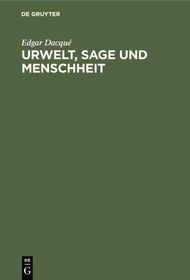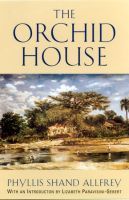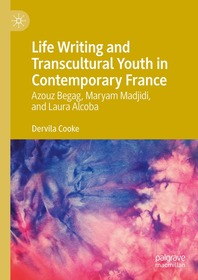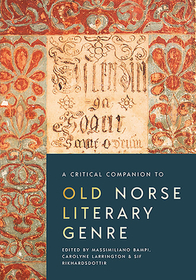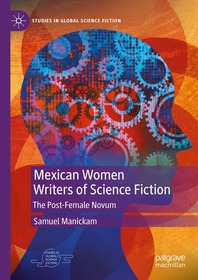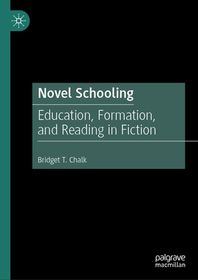
Novel Schooling
Education, Formation, and Reading in Fiction
-
12% KEDVEZMÉNY?
- A kedvezmény csak az 'Értesítés a kedvenc témákról' hírlevelünk címzettjeinek rendeléseire érvényes.
- Kiadói listaár EUR 139.09
-
57 687 Ft (54 940 Ft + 5% áfa)
Az ár azért becsült, mert a rendelés pillanatában nem lehet pontosan tudni, hogy a beérkezéskor milyen lesz a forint árfolyama az adott termék eredeti devizájához képest. Ha a forint romlana, kissé többet, ha javulna, kissé kevesebbet kell majd fizetnie.
- Kedvezmény(ek) 12% (cc. 6 922 Ft off)
- Kedvezményes ár 50 765 Ft (48 347 Ft + 5% áfa)
Iratkozzon fel most és részesüljön kedvezőbb árainkból!
Feliratkozom
57 687 Ft

Beszerezhetőség
Megrendelésre a kiadó utánnyomja a könyvet. Rendelhető, de a szokásosnál kicsit lassabban érkezik meg.
Why don't you give exact delivery time?
A beszerzés időigényét az eddigi tapasztalatokra alapozva adjuk meg. Azért becsült, mert a terméket külföldről hozzuk be, így a kiadó kiszolgálásának pillanatnyi gyorsaságától is függ. A megadottnál gyorsabb és lassabb szállítás is elképzelhető, de mindent megteszünk, hogy Ön a lehető leghamarabb jusson hozzá a termékhez.
A termék adatai:
- Kiadás sorszáma 2024
- Kiadó Springer Nature Switzerland
- Megjelenés dátuma 2024. augusztus 28.
- Kötetek száma 1 pieces, Book
- ISBN 9783031668579
- Kötéstípus Keménykötés
- Terjedelem228 oldal
- Méret 210x148 mm
- Nyelv angol
- Illusztrációk XII, 228 p. 1 illus. Illustrations, black & white 591
Kategóriák
Hosszú leírás:
This book identifies and explores the consistent link between negative depictions of education in novels and claims for the educative effects of reading them. The novel and education are both phenomena that rely fundamentally on development over time: the former in plot and character, and the latter in individual potential. Despite this basic parallel, these forms of development are at odds in many works of fiction that treat education as constrictive and even traumatic to the individual, rather than healthy and formative. Novel Schooling identifies a pervasive pattern in novels from the 19th to 21st centuries: writers ranging from Charles Dickens and D.H. Lawrence to Zadie Smith reject conventional modes of education and propose their own models for shaping the sensibilities of their characters and readers. These works critique institutional education as a point of departure to position reading fiction as a superior form of individual development. Using the new ethics and reader-response theory, this work traces the treatment of education in and through the novel, concluding with fresh assertions of the value of literature in a digital, market-driven world.
TöbbTartalomjegyzék:
Chapter 1: Introduction: Education in and through the Novel.- Chapter 2: Reading as “Fancy and Consolation” in David Copperfield.- Chapter 3: D.H. Lawrence, Schoolteachers, and Novel Guidance.- Chapter 4: How to Read in To the Lighthouse.- Chapter 5: Coetzee’s Fictions of Deformation.- Chapter 6: Paying Attention with Zadie Smith.- Chapter 7: Coda: Formation and Disintegration in Ferrante’s My Brilliant Friend.
Több



